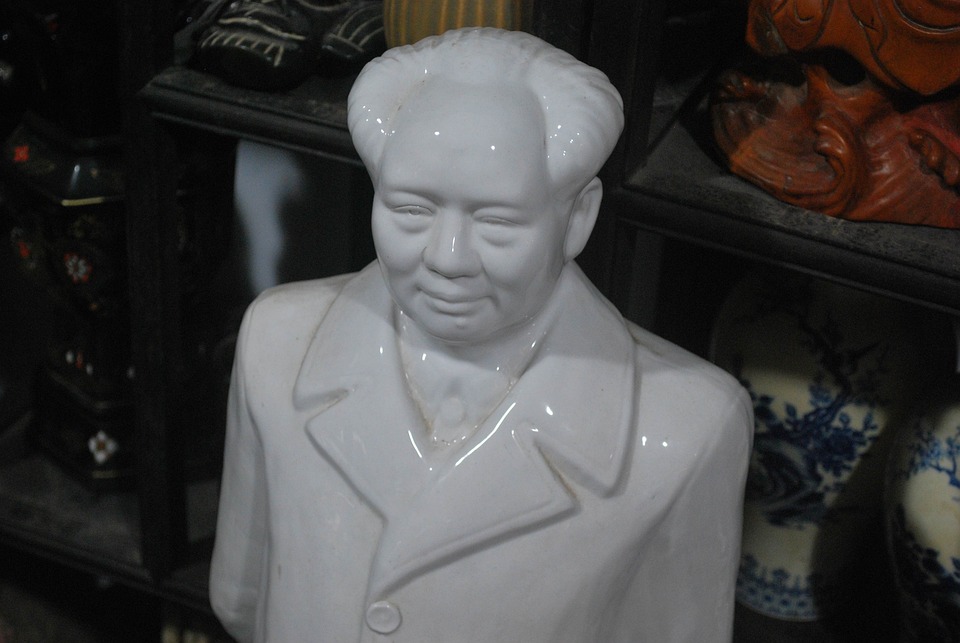A Comprehensive Review: The Revolutionary Ideals of Robert Bruce Avakian
Robert Bruce Avakian, or simply Bob Avakian, is a name notably linked with radical communism and revolutionary idealism. A prominent advocate of Mao Zedong’s ideas, Avakian is an influential leader within the Revolutionary Communist Party, USA (RCP), a political group committed to the overthrowing of capitalism through a popular revolution. This article seeks to highlight his journey, analyze his philosophical ideas and establish his contributions towards revolutionary theory.
Background of Bob Avakian
Early Life
Born in 1943 during the time of World War II, Avakian grew up in a climate of political unrest and agitation. His activism roots can be traced back to his upbringing. His father, Spurgeon Avakian, was a prominent judge whose sympathies lay with the socialist ideals. Consequently, Bob became quickly accustomed to a culturally rich and politically charged environment.
Catalyst to Activism
Avakian’s true political awakening culminated during the Vietnam War protests and the Civil Rights Movement in the United States during the 1960s. He started his journey as a protester and later turned into a revolutionary communist flag-bearer. Avakian’s radicalization pushed him to establish the Revolutionary Union which later evolved into the RCP, where he became the Chairman.
Avakian’s Revolutionary Philosophy
Avakian’s philosophical narrative is steeped in Marx, Lenin, and Maoist ideologies. With a focus on the politics of the proletariat, anti-racism, women’s rights, and the abolition of oppressive systems, his doctrine seeks to chart a roadmap for global revolution.
New Synthesis of Communism
Avakian’s most prominent contribution to communist thought is his ‘New Synthesis’ approach, a refined interpretation of Marxism–Leninism-Maoism. His theory places a strong emphasis on the role of critical consciousness and dissent within a revolutionary society. Unlike the authoritarian aspect associated with traditional communism, Avakian’s idea presents a more democratic model where the masses actively participate in the process of societal transformation.
Analysis of Avakian’s Revolutionary Writing
Avakian’s body of work illustrates a deep understanding and commitment to global revolution. His writing encompasses critique of contemporary capitalist and imperialist realities, appraisal of the revolutionary past and a vision for the future communist world.
The New Communism: The science, the strategy, the leadership for an actual revolution, and a radically new society on the road to real emancipation
In this pivotal work, Avakian elucidates his revolutionary theories and expansions upon the Marxist-Leninist-Maoist framework. The book serves as a blueprint of his ‘New Synthesis’ ideology, outlining an actual pathway to a revolutionary change and a mindset shift towards a new society.
Controversies Around Avakian
Avakian’s ideals, while they may resonate deeply with some, have also resulted in controversy. He has often been limited via mainstream censorship and subjected to endless government surveillance. Additionally, his aggressive approach towards revolution, considering it an indispensable act, irks those who stand for a more moderate spiral of political change.
Conclusion
From rebellion as an activist to promulgating forward the ideas of communism, Robert Bruce Avakian’s journey has been decidedly revolutionary. Love him or loathe him, his contributions to revolutionary thought, particularly the concept of a ‘New Synthesis of Communism,’ have unequivocally paved the way for debates, discussions, and potential societal transformations in the realm of political theory.




